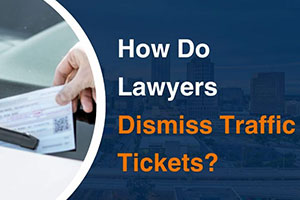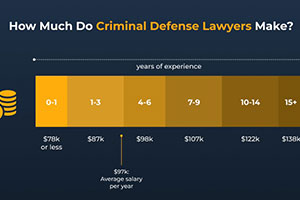Conservatorship vs. Power of Attorney: What’s the Difference?
Attorneys | by
Navigating the legal waters of planning for the future, especially when it involves making decisions on behalf of others, can be daunting. Two terms often emerge at the forefront of this planning: conservatorship and power of attorney. While both legal tools are designed to assist individuals in managing their affairs when they are unable to do so themselves, they serve different purposes and come into effect under different circumstances. Let’s dive into the nuances of conservatorship and power of attorney, illuminating the path for those deciding which option best suits their needs.
Understanding the Basics
At their core, conservatorship and power of attorney are legal mechanisms that allow someone to make decisions on behalf of another person. However, the conditions under which they’re established, the powers they confer, and their legal implications vary significantly.
Power of Attorney (POA): Empowering Decision-Making
A power of attorney is a legal document that grants one person (the agent or attorney-in-fact) the authority to make decisions on behalf of another (the principal). The scope of this authority can be broad or limited and can include making financial, legal, or health-related decisions.
- Voluntary and Preemptive: The key aspect of a POA is that it’s established voluntarily by the principal while they’re still capable of making decisions. It’s a proactive step taken to ensure that someone they trust can manage their affairs if they become unable to do so due to illness, injury, or absence.
- Types of POA: There are several types, including durable, non-durable, springing, and medical POAs, each designed to suit different needs and circumstances.
- Flexibility and Control: The principal has the flexibility to specify the powers granted and can revoke the POA as long as they remain competent.
Conservatorship: A Court-Appointed Solution
Conservatorship, on the other hand, is a legal status wherein a court appoints an individual (the conservator) to manage the personal and/or financial affairs of another (the conservatee) who is unable to do so themselves due to physical or mental limitations.
- Judicial Oversight: Unlike a POA, conservatorship is established through a court process, typically when the person in question is already incapacitated and hasn’t set up a POA or similar document.
- Limited by Court Order: The conservator’s powers and duties are defined and limited by the court, and they’re often subject to ongoing court supervision to ensure the conservatee’s best interests are being served.
- Potentially Invasive and Costly: Establishing conservatorship can be a lengthy, invasive, and sometimes costly process, requiring legal representation and periodic reporting to the court.
Key Differences Highlighted
- Initiation: POA is established voluntarily before incapacity; conservatorship is court-appointed after incapacity has been determined.
- Control: The individual has control over choosing their agent in a POA; a conservator is appointed by a court, potentially against the individual’s prior wishes if not explicitly stated.
- Scope and Oversight: A POA’s terms are defined by the principal and can be as broad or narrow as they choose; conservatorship is governed by court orders and subject to judicial oversight.
Making the Right Choice
Deciding between establishing a power of attorney and relying on the possibility of conservatorship involves assessing personal circumstances, the degree of anticipated medical or financial intervention needed, and preferences for how decisions should be made in case of incapacity. Planning ahead with a POA can provide peace of mind and a clear directive for handling affairs, while conservatorship offers a safety net when no prior planning has been done.
Conclusion: Planning for the Future with Clarity and Confidence
Understanding the distinctions between conservatorship and power of attorney is crucial for effective future planning. Each offers a framework for decision-making when an individual can no longer do so themselves, but the right choice depends on personal circumstances, values, and the level of control one wishes to maintain over their affairs. With thoughtful consideration and possibly the guidance of a legal professional, you can ensure that your or your loved one’s well-being and preferences are protected, no matter what the future holds.



